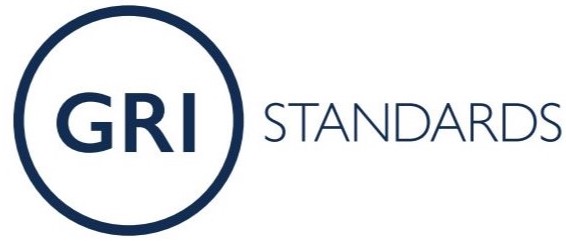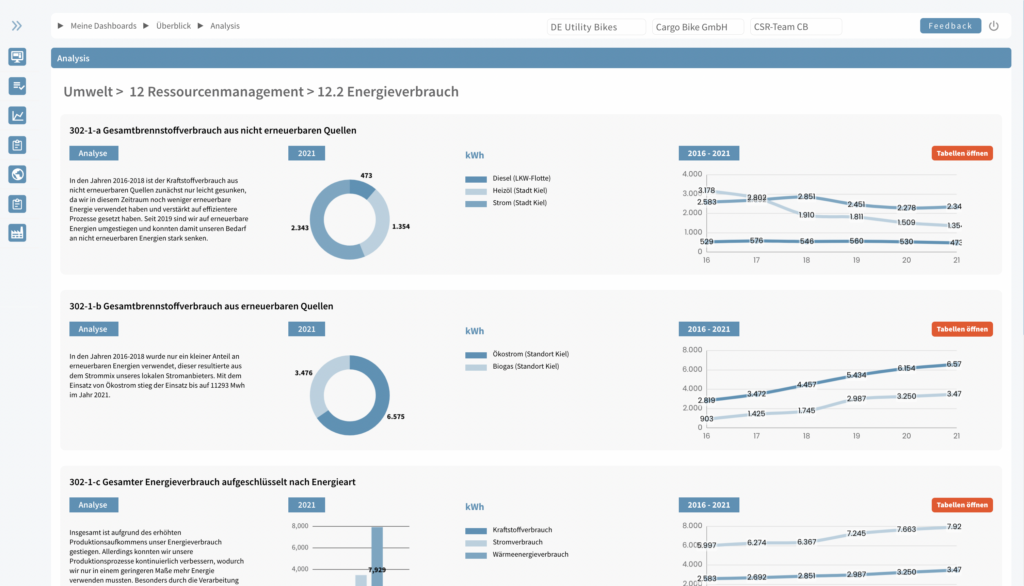Sustainability Reporting with WeShyft
Create sustainability reports
effortlessly
Finding indicators, talking to colleagues, collecting and evaluating data, and presenting the information concisely. Reporting can take a lot of time. But it doesn't have to, at least not with WeShyft. We automate data integration and analysis, simplify cooperation and communication with colleagues and offer all recognized standards.



Features we offer
- Establish clear and regulated reporting processes
- Easily fill in any indicator with templates
- Report in accordance with recognized standards such as the GSC or the GRI
- Create questionnaires from each indicator and send them to colleagues
- Work together on reporting texts
- Export reporting results as PDF or Word

added value
WHAT OUR SOLUTION FOR SUSTAINABILITY REPORTING IS ALL ABOUT
Publish reports
We offer you the possibility to download all indicators as reports in an automatically generated PDF or Word document. Your data is directly output in clear tables. Communicate to your stakeholders how you become part of the solution.
Easy collaboration
Writing a sustainability report is not an individual discipline, but a team sport and encompasses the entire company. With WeShyft, you can not only record numbers and values, but also write texts together and gather feedback. This way, even the qualitative data of a report is easily captured.
Recognized frameworks
Reports according to internationally recognized standards such as the German Sustainability Code or the Global Reporting Initiative. Choose the right standard, use our templates to capture all important information and automatically fulfill all requirements. This way you can create meaningful reports in no time at all.
Get news and information about sustainable economy!
Neueste Posts & Insights

Webinar: ESRS E1 Klimabilanzierung, Übergangspläne und KlimaRisikoanalyse
Die Klimabilanzierung und der Übergangsplan für den Klimaschutz sind zentrale Bestandteile des ESRS E1 und für den Großteil der Unternehmen

Webinar: Do’s & Don’ts der doppelten Wesentlichkeitsanalyse
Die Anforderungen der Corporate Sustainability Reporting Directive (CSRD) und die Umsetzung der doppelten Wesentlichkeitsanalyse stellen Unternehmen vor zahlreiche Herausforderungen.
Ein

Nachhaltigkeitsberichterstattung nach ESRS für KMU
Neben großen Unternehmen sind ebenfalls börsennotierte KMU verpflichtet, nach den ESRS ab 2026 (bzw. durch die Opt-out 2028) zu berichten.